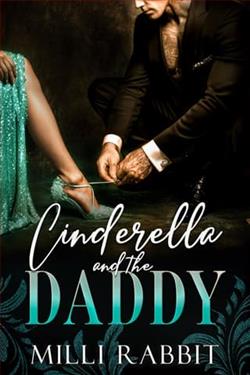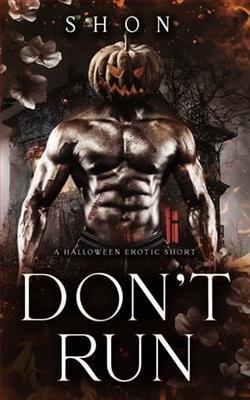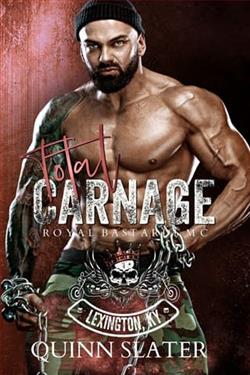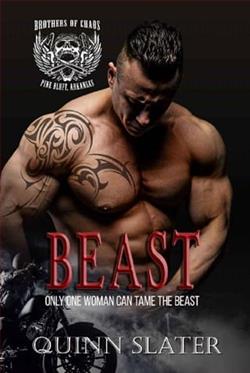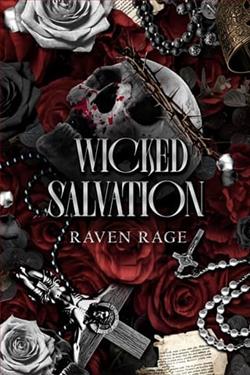Page 85 of The Wicked Lies of Habren Faire
I hop off, my legs protesting when they hit the ground. I wince and brace against the wall, trying to take the weight off the worst of the damage.
“Elin?” I call.
I hope that’s not her real name.
I whip around to find the canary perched on the ladder.
“I thought you were dead,” I tell him.
The bird rustles long-lost feathers.What are you waiting for? What you’re looking for is just ahead.
My heart shakes, a caterpillar preparing to leave the cocoon. “My sister?”
The canary jerks his head to the left.Not sure. But it’s something that isn’t supposed to be here. Somewhere that I can’t go.
“Well, that’s needlessly cryptic—”
He takes flight, but I stand still for a long time. My legs are leaden. My head even heavier.
I wonder how Dad did this every day.
No matter the aches and pains, or the waste he felt his life had become, he rose before the sun each morning and did it all again.
I’ve grown used to ease. To Neirin summoning carriages, to doorsthat open by themselves, food that’s handed to me. I love the teg’s tricks and flights of fancy. I love their soft mattresses and sparkling gowns.
But none of it is mine.
I’m a child of man, born in the mechanized age of a dying country that has as little to offer me as I have to give. I’m my father’s daughter, and he gave me a piece of his strength one day when I was born. It doesn’t rust, doesn’t jam, doesn’t fade. It simply is, and always will be.
My tired limbs scream in protest as I follow the canary’s call.
It starts small at first.
The glow of my lantern lands upon a pair of shoes, set tidily against the wall. Sunday shoes, as if they’ve been taken off and left by the front door. Then another pair, for a little boy. There’s a rug a few feet away, covering the tracks, and a doll atop it, discarded face down.
I set her upright. I don’t know why. She could have been mine. Someone loved her very much once—was it you?
More dolls follow, toy soldiers, too—too many for me to look after them all. There are birthday cards sticking out of cracks in the stones, baubles dangling from overhangs, and shelves of coal bearing small family portraits, sketches of flowers and birds, scrap albums so overflowing with memory that the pages can’t keep themselves together.
Beside the tracks, there’s a table set for Christmas. A candle shudders in the center, casting shadows of people who’ve long left the feast on the wall.
And then there are the wedding rings. They litter the floor, clinking beneath my feet.
Jutting out from a cave wall is a church window. I almost miss it, so plain it is without sunlight, until my lantern hits the colored panes and casts Saint Christopher on the ceiling.
Finally, I reach a mass of unpenetrated coal. The canary waits just before it, perched atop a grand white dollhouse. My brow knits and I drop to my knees before it, but the front door won’t open. Not for me.
Bit old for dolls, aren’t you?
“Not really,” I huff.
It looks just like the big house, and suddenly I understand.
It’s the mine owners who cut into the land with iron, who upset the balance between worlds, most of them rich Englishmen who take from us, and pay us pennies for the privilege of helping them. The wealthy, titled and royal have cut a bloody path across the world, starting and honing their skill closer to home, against their Celtic neighbors. But by the time the English got to the rest of the world, the Welsh, the Scots, the Irish—we’d long been helping them, hadn’t we? At home, English politicians call us stupid, ungovernable, their teachers hand out a Welsh Not, and beat our language from us at their command. The clever among us leave for English universities, make their fortune in London and never come home. We fight under their colors and bring their flag to lands far from our own. Sometimes, we even thank them for it.
We’re all being used by a big house somewhere.
Llanadwen is a drop in an ocean of misery, but that doesn’t make it any smaller.








